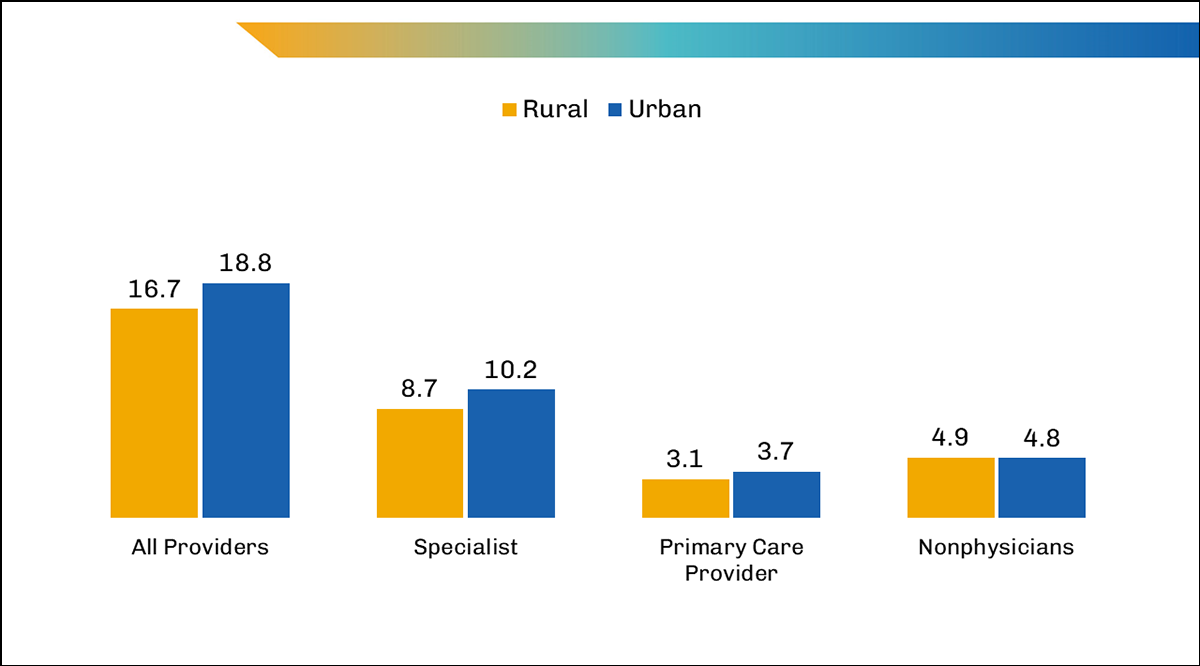Gut Health: How Important Is It?
For many years, the gut was viewed solely as a digestive organ, responsible for processing food, absorbing nutrients, and eliminating waste. However, research has since revealed that the gut plays a far more complex role, influencing nearly every system in our bodies.
The gut microbiome is a vast ecosystem of microorganisms primarily housed in the large intestine or colon. Approximately thirty-nine trillion microorganisms reside in our gut, nearly ten times the number of human cells in the body. This microbiome can communicate with our brain and immune system, influence gene expression, control hunger and satiety, and regulate hormones. This is why maintaining optimal gut function is so important.
What Is Gut Health?
Gut health refers to the efficient functioning of our digestive tract, the diversity of our microbiome, and the absence of digestive disorders or illnesses. Poor gut health can manifest through symptoms such as nausea, vomiting, diarrhoea, constipation, gas, bloating, and stomach pain. When gut microbes are imbalanced—when harmful bacteria outnumber beneficial ones—a condition known as dysbiosis occurs. Bad bacteria produce pro-inflammatory substances that can then damage the gut lining and loosen the tight junctions in the gut's cell wall, leading to a condition called leaky gut or increased intestinal permeability. This allows undigested food particles, toxins, and microbes to enter the bloodstream, resulting in symptoms ranging from mood disorders and gastrointestinal issues to skin conditions, hormonal imbalances, allergies, and chronic pain.
Factors That Disrupt Gut Health
1. Milk and Dairy Products: Dairy can increase the number of pro-inflammatory bacteria in the gut. Limiting these foods and opting for a more plant-based diet may benefit gut health.
2. Animal Products: Consuming red and processed meats is associated with increased levels of pro-inflammatory bacteria. Reducing intake of these foods can support a healthier gut microbiome.
3. Refined Sugar and Artificial Sweeteners: Studies indicate that artificial sweeteners, particularly sucralose, aspartame, and saccharin, can lead to dysbiosis. Refined sugar also hinders the growth of healthy gut bacteria. Frequent consumption of sugar can create a microbiome that craves sugary foods. Replacing refined sugar and artificial sweeteners with natural alternatives like dates, raisins, and fruits in moderation is advisable.
4. Processed Foods: Highly processed foods, though palatable, contain ingredients that can damage the gut microbiome, reducing microbial diversity and promoting pro-inflammatory bacteria. Emulsifiers, preservatives, hydrogenated oils, and additives are particularly harmful to gut health.
5. Overuse or Misuse of Antibiotics: While antibiotics are effective at killing infection-causing bacteria, they are not selective and can destroy both beneficial and harmful microbes. It can take months or even years to restore the gut microbial diversity that antibiotics disrupt. Moreover, hidden sources of antibiotics, such as those found in farmed fish, meats, and even in the water supply, can gradually impact gut health.
Supporting Gut Health and Microbial Diversity
a) Eating a Variety of Plants and Reducing Ultra-Processed Foods: Aim to consume a variety of plant-based foods each day , including fruits, vegetables, whole grains, nuts, seeds, and legumes. A diverse plant-based diet naturally increases fiber intake, which is crucial for maintaining gut health. Fiber comes in two forms: soluble and insoluble.
• Soluble Fiber: This type of fiber dissolves in water, forming a viscous gel that bypasses digestion in the small intestine and undergoes fermentation by gut bacteria in the large intestine. Sources of soluble fiber include oats, barley, fruits, legumes, carrots, and most root vegetables.
• Insoluble Fiber: Insoluble fiber does not dissolve in water and contributes to stool bulk. Sources include green vegetables, avocados, fruit skins, whole grains, nuts, and seeds.
b) Taking Prebiotics, Probiotics, and Postbiotics:
• Probiotics are beneficial live microbes found in fermented foods like sauerkraut, non-dairy yogurt or kefir, kombucha, tempeh, and kimchi.
• Prebiotics are foods that promote the growth of beneficial bacteria. They are abundant in foods high in fiber (e.g., avocados, berries, greens, beans, flaxseeds, apples, and broccoli) and resistant starch (e.g., potatoes, rice, and oats).
• Postbiotics are the short-chain fatty acids (SCFAs) formed when prebiotics feed healthy gut microbes. SCFAs like butyrate, acetate, and propionate help heal the gut by repairing the gut lining and restoring tight junctions, thus reversing the damaging effects of leaky gut.
c) Exercising Regularly: Regular exercise improves circulation and promotes the formation of SCFAs, which benefit gut health. Spending time outdoors and engaging in physical activities can positively influence the microbiome by exposing the body to beneficial bacteria found in soil and plants, thereby increasing microbial diversity.
d) Reducing Stress Through Meditation, Yoga, or Deep Breathing: The gut-brain axis highlights the close link between anxiety and gut health. Stress can disrupt the digestive system and gut flora, leading to symptoms like bloating, constipation, diarrhoea, and indigestion. Managing stress effectively can help mitigate these effects and improve overall gut health.
e) Getting Enough Sleep: Aim for 7–9 hours of sleep per night to support the natural rhythm of your microbiome. Disruption of this rhythm can lead to diminished microbial health.
The Link Between Gut Health and Overall Health
Researchers have found significant links between gut health and various conditions, including mental health disorders, autoimmune diseases, endocrine conditions, obesity , acne, gastrointestinal disorders, cardiovascular disease, and cancer. A diverse gut microbiome is often associated with improved general mental and physical health. In other words, your gut health is intrinsically linked to your overall well-being.


Great. We all badly need such updates.
ReplyDeleteIndeed
Delete